On the occasion of the 80th anniversary of the successful August Revolution (August 19, 1945 - August 19, 2025) and the National Day of the Socialist Republic of Vietnam (September 2, 1945 - September 2, 2025), the Tehran Times published an article by Vietnamese Ambassador to Iran Nguyen Luong Ngoc titled "Vietnam - 80 years of journey for national independence, peace and development" introducing the 80-year journey of the Vietnamese people in the struggle for independence, protecting peace, building and developing the country.
The article has reviewed the brilliant milestones in the history of Vietnam over the past 80 years. In 1945, when the Vietnamese revolutionary movement was at its peak, the Vietnamese people seized the opportunity to rise up and regain power in the August Revolution. On September 2, 1945, in Hanoi , President Ho Chi Minh solemnly read the Declaration of Independence, giving birth to the Democratic Republic of Vietnam, the first worker-peasant state in Southeast Asia, marking a historic turning point in the cause of national liberation.
During nine arduous years (1945-1954), the Vietnamese army and people waged a heroic resistance war, culminating in the historic victory of Dien Bien Phu "resounding throughout the five continents, shaking the world" (May 7, 1954), forcing France to sign the Geneva Agreement, recognizing Vietnam's independence, sovereignty , unity and territorial integrity, ending nearly a century of French colonial rule in Vietnam. However, the United States quickly replaced France, establishing a puppet regime in the South with the plot to divide Vietnam.
In the face of countless difficulties and challenges, the Vietnamese people have demonstrated their strong will, ardent patriotism and burning love for peace, unitedly and heroically fighting against foreign invaders, under the wise leadership of the Communist Party of Vietnam and President Ho Chi Minh, along with the support and assistance of friends and peace-loving people around the world.
On January 27, 1973, the United States was forced to sign the Paris Agreement, ending the war and restoring peace in Vietnam.
The Vietnamese army and people launched a general offensive to overthrow the puppet regime, liberate the South, and unify the country on April 30, 1975. This was a great victory, opening a new era of independence, peace, and national unification.
However, the war left extremely serious consequences, with the economy devastated, backward and poor. In that context, with the spirit of self-reliance, Vietnam rebuilt the country from the ashes of war, gradually overcame the crisis, broke the siege, opened up and integrated internationally, and steadily built a prosperous country on the path of industrialization and modernization.
In 1986, the 6th Congress of the Communist Party of Vietnam adopted a historic decision, initiating the Doi Moi policy. This was a comprehensive reform program, transforming the centrally planned economy into a socialist-oriented market economy, focusing on developing the private economy, granting autonomy to farmers, opening up the economy, expanding foreign relations, and implementing a friendly policy towards all countries, regardless of political regime.
During the 40 years of implementing the Doi Moi path, Vietnam has become a developing country and deeply integrated into the global political and economic system. Vietnam has maintained a peaceful and stable environment for development, protected sovereignty and territorial integrity, ensured national defense, security, social order and safety, and persistently implemented the "Four No's" defense policy.
In the international arena, Vietnam has always been a responsible member of the international community, committed to maintaining and promoting sustainable peace in Asia and the world. Vietnam currently maintains diplomatic relations with 194 countries, established strategic partnerships and comprehensive strategic partnerships with dozens of countries, including all five permanent members of the United Nations Security Council, and is an active and responsible member of more than 70 international organizations.
From 1986 to 2024, Vietnam's Gross Domestic Product (GDP) grew by an average of 6-7% per year, from 8 billion USD to 476.3 billion USD, nearly 60 times higher. GDP per capita increased from under 74 USD to 4,700 USD, 63 times higher. Foreign direct investment (FDI) reached nearly 520 billion USD from 151 countries and territories in the period 1987-2025. The poverty rate decreased from 60% to only 1.93% (according to United Nations standards). Over the past 40 years, Vietnam has always balanced development goals with social equity, ensuring "no one is left behind."
In 2024, Vietnam's economy will rank 32nd globally, with total international trade turnover exceeding 786 billion USD. (Photo: Tran Viet/VNA)
In 2024, Vietnam's economy will rank 32nd globally, with total international trade turnover exceeding 786 billion USD, putting Vietnam in the group of 20 economies with the largest trade turnover in the world.
Vietnam is the world's leading exporter of cashew nuts and pepper; second in coffee, footwear and furniture; and third in rice and garment exports. Vietnam ranks 71st out of 193 countries in the United Nations' E-Government Development Index (EGDI), with the digital economy accounting for 18.3% of GDP.
The national brand value increased to 507 billion USD, ranking 32nd globally. Vietnam has been recognized as the "World's Leading Heritage Destination" for many consecutive years. In 2024, Vietnam welcomed 17.5 million international visitors and aims to welcome 22-23 million visitors by 2025.
From 2024, the Communist Party of Vietnam has identified that the country is standing on the threshold of a new development stage, entering a decisive "era of rising up" to overcome the middle-income trap, aiming to become a modern industrialized country with an upper-middle income by 2030 and a high-income country by 2045.
To achieve this goal, in the first half of 2025 alone, Vietnam streamlined its administrative apparatus, improved efficiency, and saved budget resources by reducing the number of central ministries and branches from 22 to 17, merging 63 provincial-level administrative units into 34, and establishing a two-tier local government system nationwide, thereby cutting about 100,000 civil servant and administrative official positions.
Science, technology and innovation are identified as "strategic breakthroughs." Vietnam has adopted a new growth model that takes science, technology, innovation and digital transformation as driving forces, contributing to improving productivity, quality, efficiency and competitiveness.
The private sector is identified as the most important driving force of the national economy.
Green transition is considered an inevitable trend, with the target of renewable energy accounting for 28-36% of GDP by 2030 and 75% by 2050.
In terms of social security, Vietnam has exempted tuition fees for all students from kindergarten to high school in public schools, rebuilt 330,000 dilapidated houses, and is building at least one million social housing units for low-income people. By 2030, the Vietnamese government aims to provide free health care services to all people.
Regarding Vietnam-Iran relations, the article affirmed that the two countries have a traditional friendly relationship, emphasizing that Vietnam and Iran have many similarities as both countries hold important geopolitical positions in Southeast Asia and the Middle East. The two countries have great potential for cooperation. Vietnam wishes to further deepen cooperation with Iran in all fields, especially politics, economics, culture and people-to-people exchange.
Under the wise leadership of the Communist Party of Vietnam, the 80-year journey of fighting for independence and national construction has affirmed that the Vietnamese people always yearn for independence and freedom, nurture passionate patriotism, a burning love for peace, a spirit of resilience and self-reliance to overcome adversity, and build an increasingly prosperous country. Vietnam wishes to contribute its utmost to protecting and fostering peace.
Vietnam is always ready to be a friend, a reliable partner and a responsible member of the international community, wishing to continue learning, enhancing cooperation and sharing development experiences with the world, including Iran, to contribute to building a peaceful, unified and prosperous future for humanity, for every country and every individual on this beautiful planet./.
(Vietnam+)
Source: https://www.vietnamplus.vn/tehran-times-dang-bai-viet-cua-dai-su-ve-hanh-trinh-phi-thuong-cua-viet-nam-post1059649.vnp



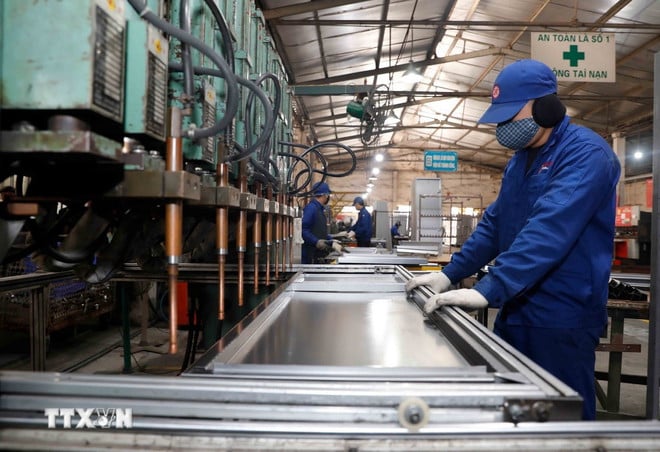
![[Photo] 80th Anniversary of the General Staff of the Vietnam People's Army](https://vphoto.vietnam.vn/thumb/1200x675/vietnam/resource/IMAGE/2025/9/6/49153e2a2ffc43b7b5b5396399b0c471)

![[Photo] Many people directly experience beloved Uncle Ho and the General Secretaries](https://vphoto.vietnam.vn/thumb/1200x675/vietnam/resource/IMAGE/2025/9/6/2f4d9a1c1ef14be3933dbef3cd5403f6)

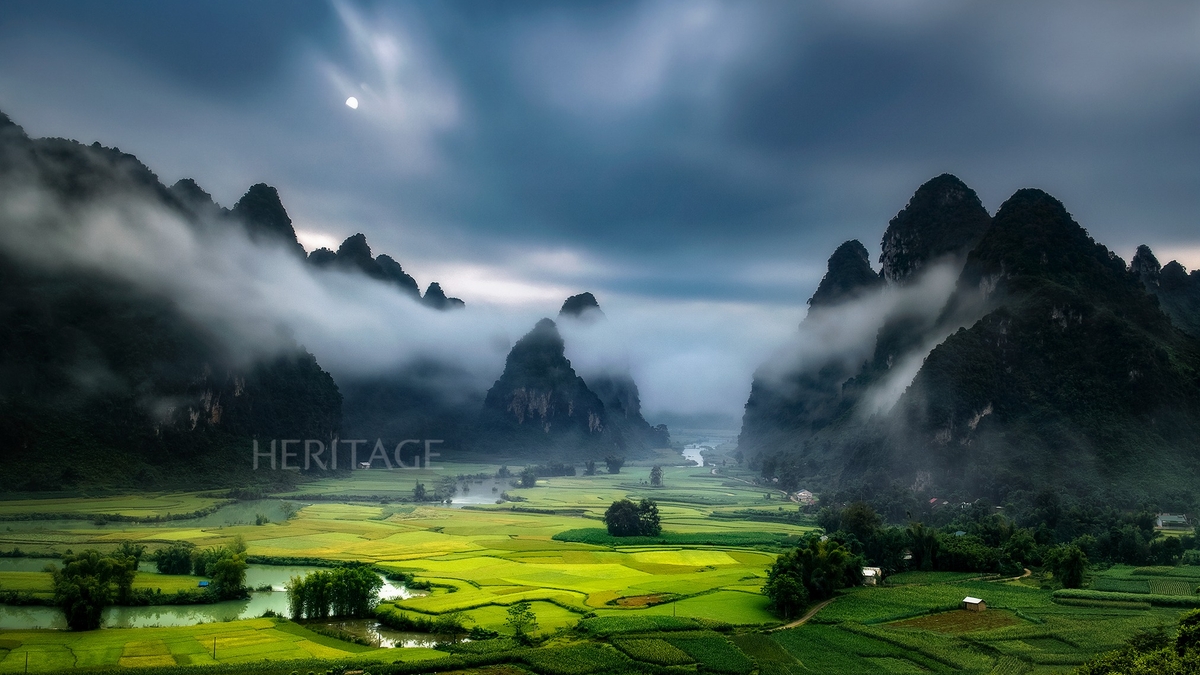
![[Photo] General Secretary To Lam attends the 80th Anniversary of the General Staff of the Vietnam People's Army](https://vphoto.vietnam.vn/thumb/1200x675/vietnam/resource/IMAGE/2025/9/6/126697ab3e904fd68a2a510323659767)
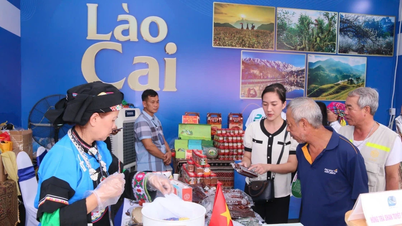



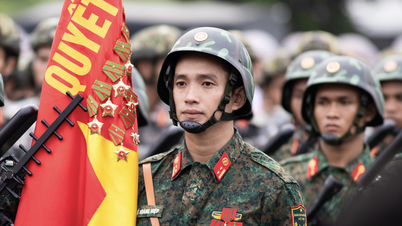


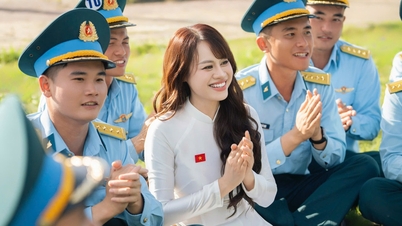

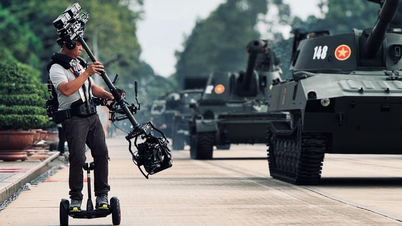




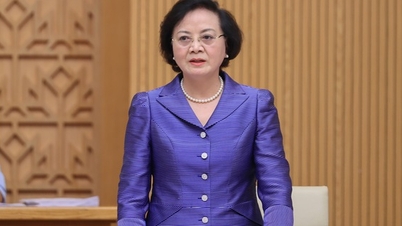

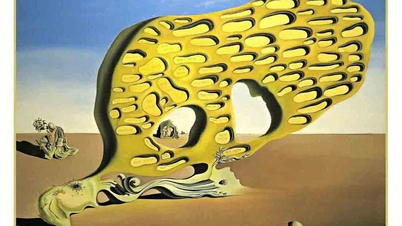

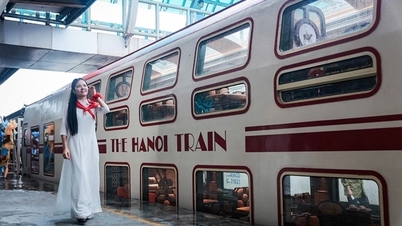






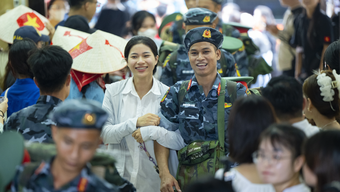


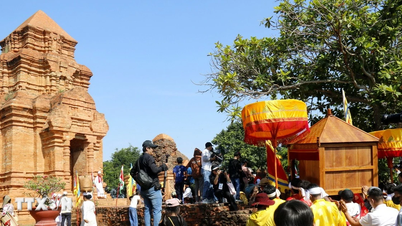

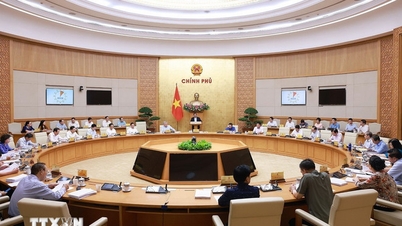
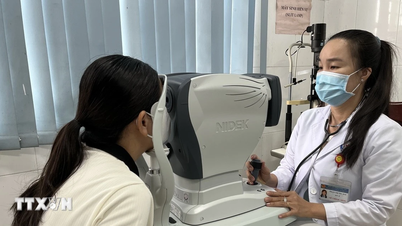
![[Photo] Rescuing people in flooded areas at the foot of Prenn Pass overnight](https://vphoto.vietnam.vn/thumb/1200x675/vietnam/resource/IMAGE/2025/9/6/19095b01eb844de98c406cc135b2f96c)





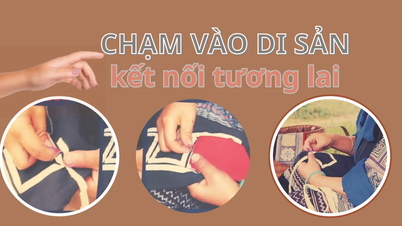
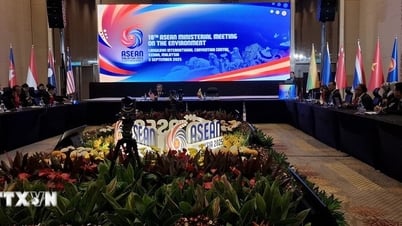
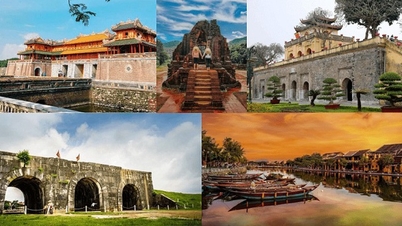
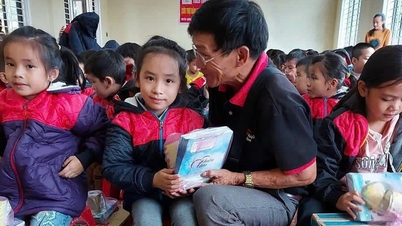





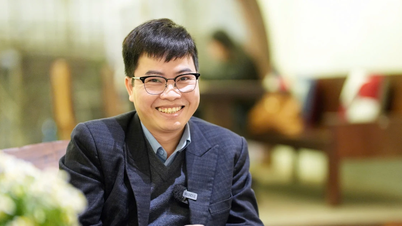
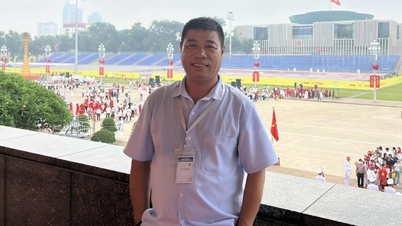
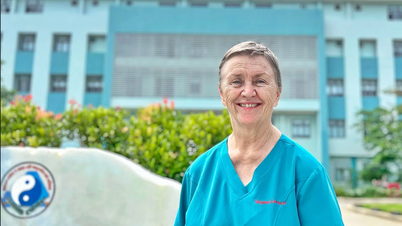

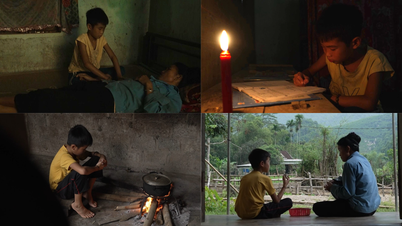


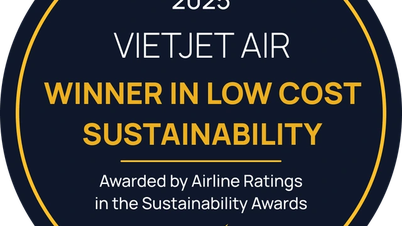
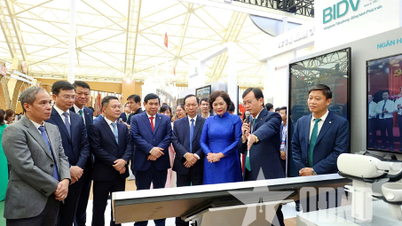
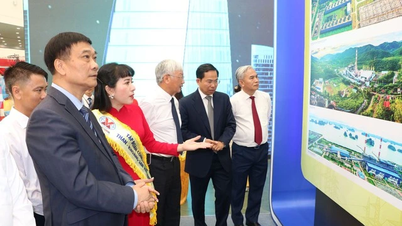



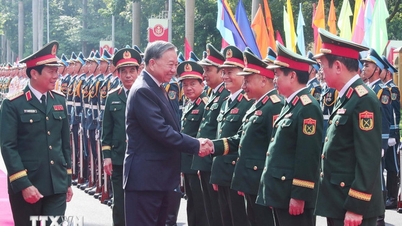







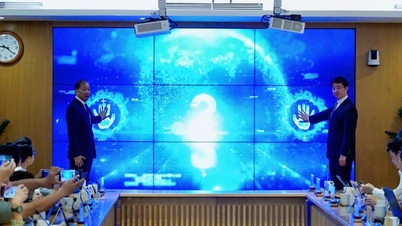

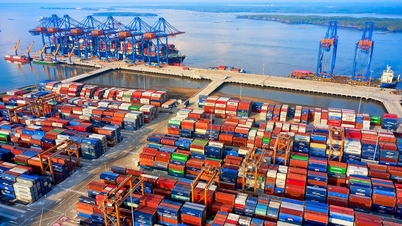

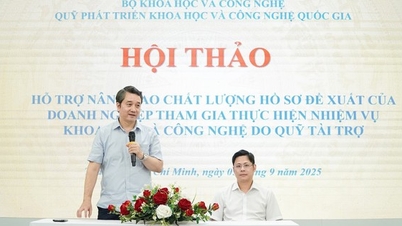
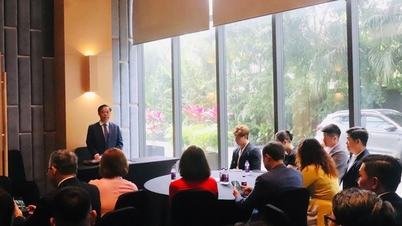
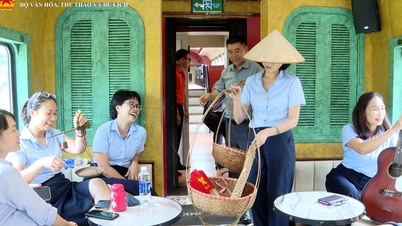


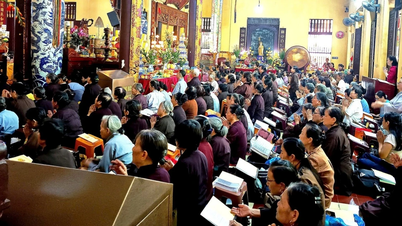
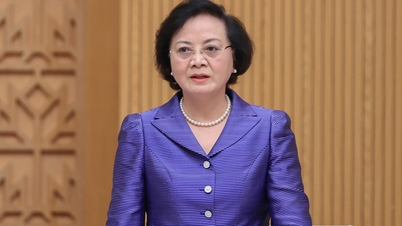

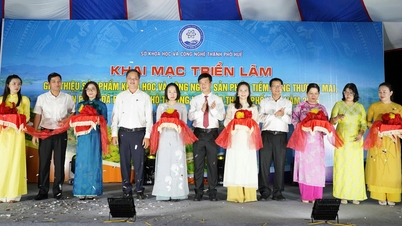





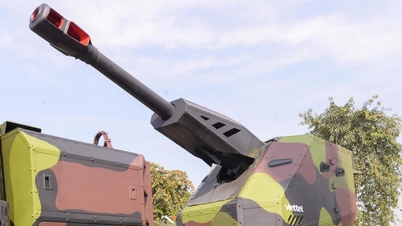
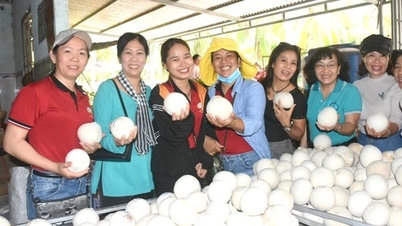

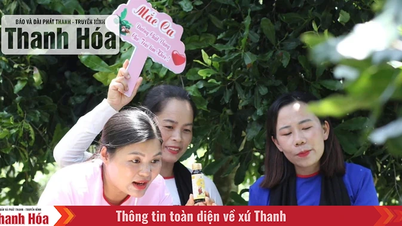

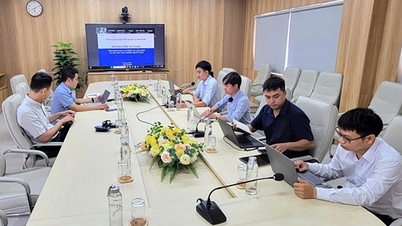


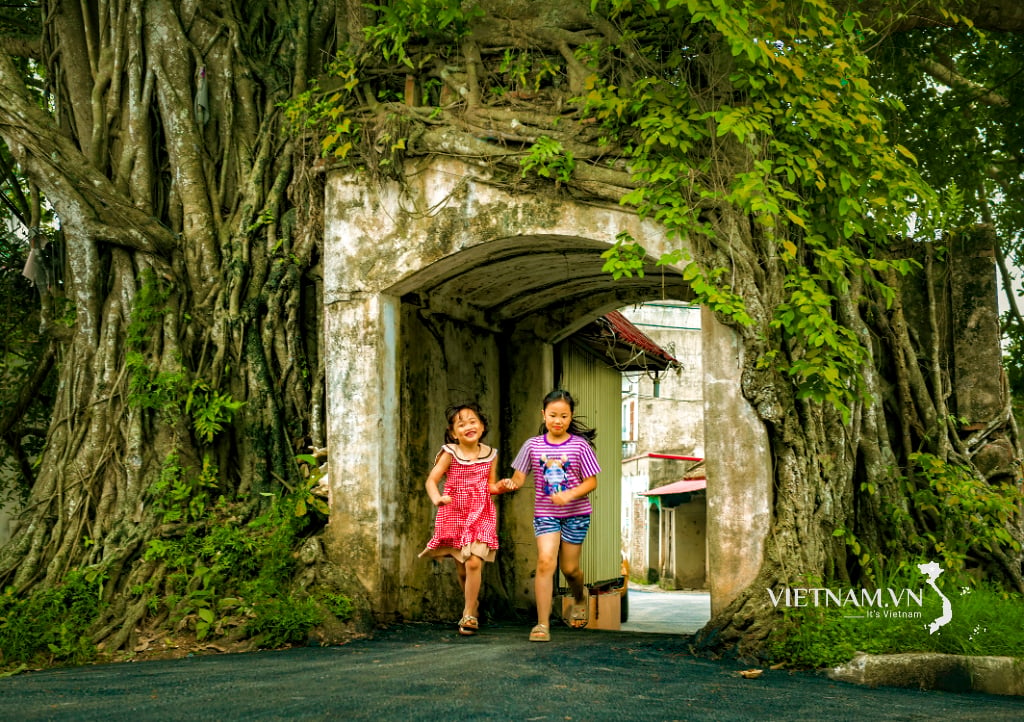
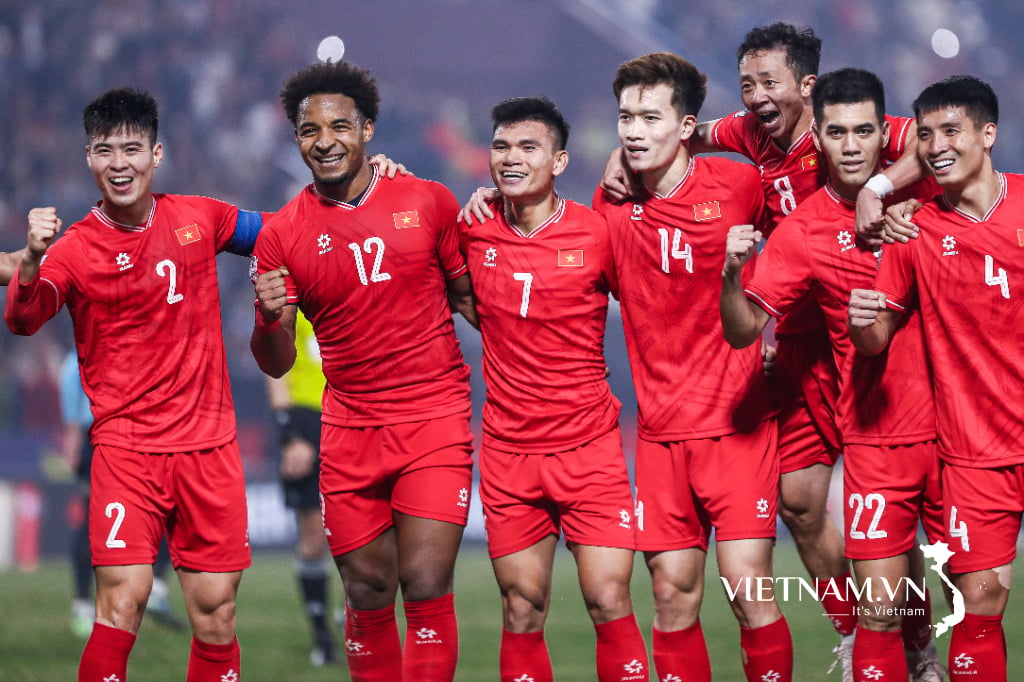

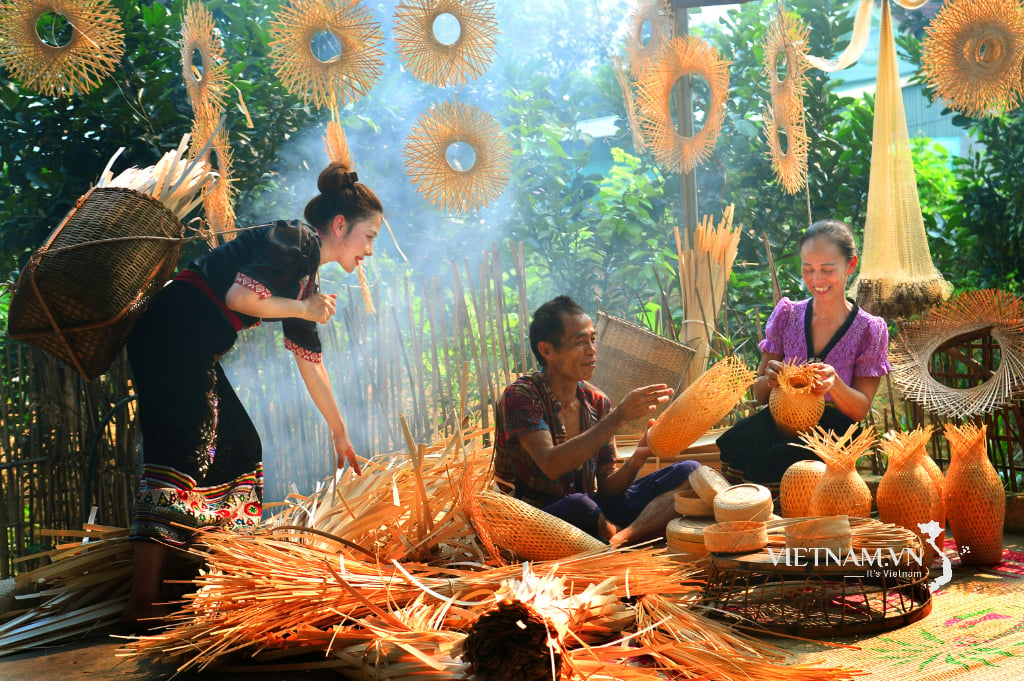
Comment (0)